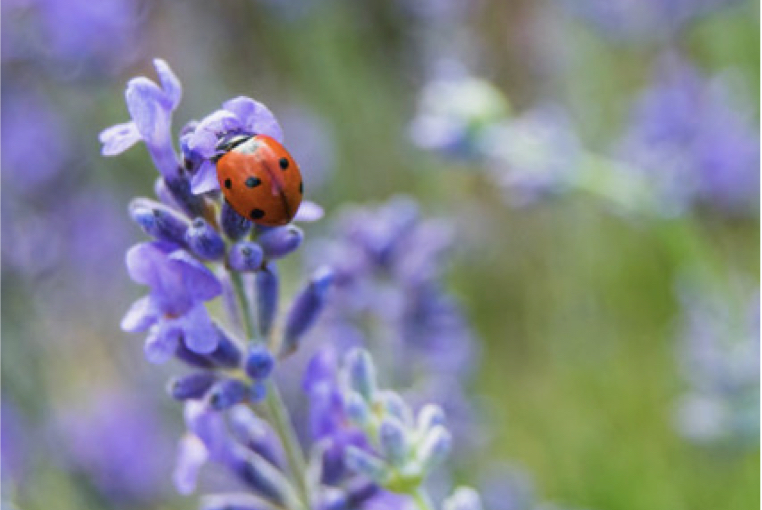Impressive results
Our winegrowers always pay a great deal of attention to the health of their vines. Protecting the harvest can be a complex issue, depending on the climate conditions throughout the year and the associated threat of disease. The use of pesticides must therefore be justified according to the sector and the year. We have been using the IFT – Indicator of Frequency of Treatment – for the past two years. This indicator introduced by the French government allows us to keep a precise record of the number of reference doses used per hectare. Thanks to this, along with the fact that winegrowers are constantly reassessing their practices, the results speak for themselves. Each of the two wineries are well below the average IFT values for Burgundy, despite using different agricultural practices (tall, wide vines for Nuiton-Beaunoy and low-level vines for Terres Secrètes). The objective is to continue reducing our impact!



Developing Organic Agriculture
Working the soil, measuring and reducing the use of chemicals, using plant cover….our winegrowers implement a number of actions to ensure sustainable wine production. Some of them have decided to go even further by embarking on the process towards converting their land to organic farming. The Vignerons des Terres Secrètes have even set up their own SCEV (Société Civile d’Exploitation Viticole), a cooperative group that has been certified organic, to facilitate and secure changes to winegrowing practices within this SCEV. A total of 23 ha (57 acres) of land is currently being converted to organic farming in appellations from both wineries, including Mâcon-Villages, Saint-Véran and Hautes-Côtes de Beaune. Vineyard floor management is carried out without herbicides, using organic products in low quantities. The winegrowers committed to this approach work together, constantly analysing their practices and promoting a cooperative mindset through their strong commitment to the environment.
A response adapted to consumer demands
Sulphites are now classed as allergens and have been used in wine production ever since the 18th century to help to preserve the wine. For several years now, we have been cutting back as much as possible on the use of sulphites, with some wines now being produced without any added sulphites at all.










